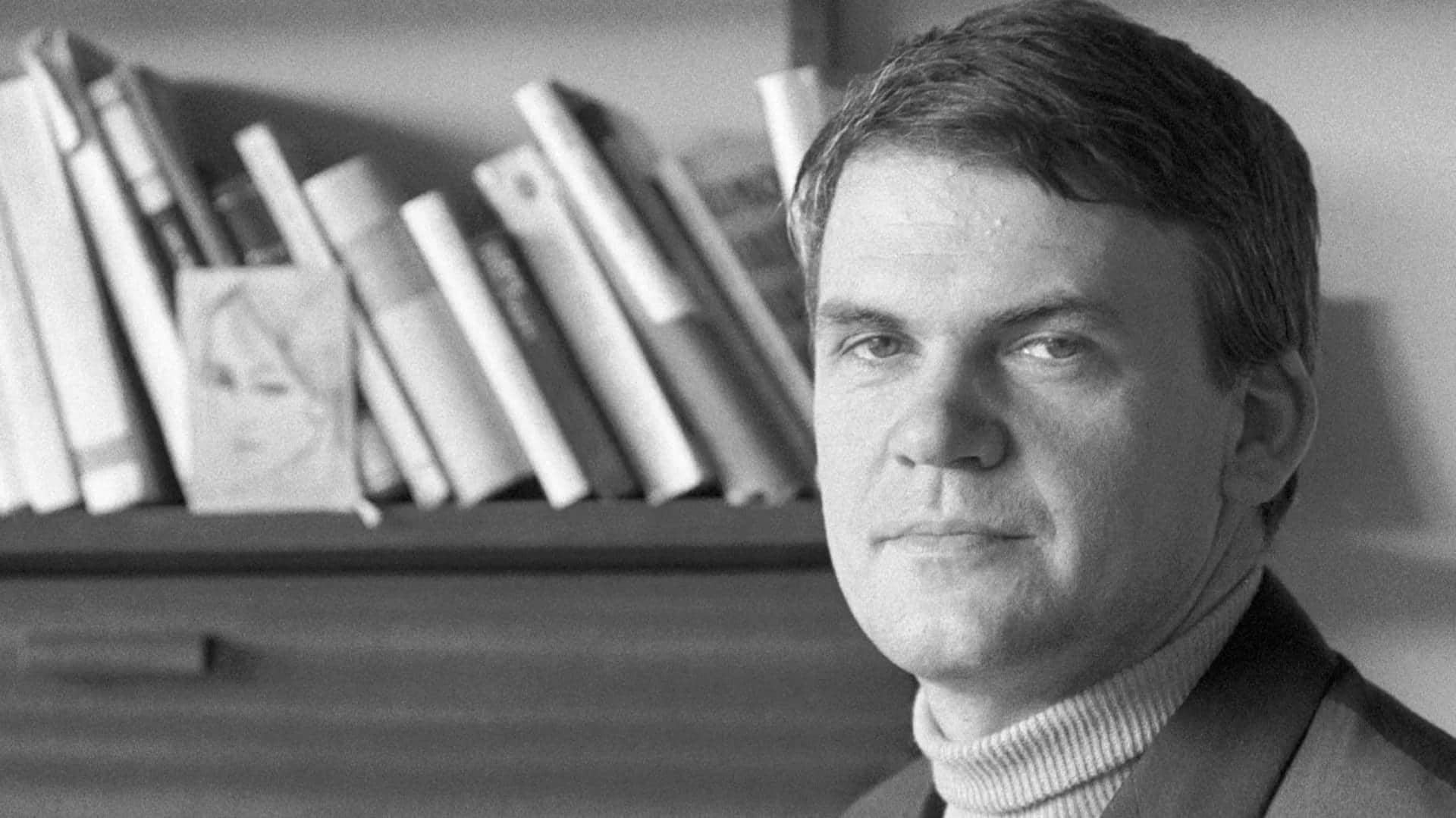
Czech-born French writer Milan Kundera passes away at 94
What's the story
Milan Kundera, author of The Unbearable Lightness of Being and a Czech native, died on Tuesday, after a prolonged illness according to a spokeswoman for the Milan Kundera Library that houses his personal collection. He was 94. A notable pianist and musicologist, Kundera's father taught him music before he turned to writing. His works explore themes of betrayal, satire, identity, politics, and existential questions.
First novel
First novel was criticized hugely
After the Soviet invasion of Prague in 1968, Czechoslovakia outlawed Kundera's writings. As a Communist Party outcast, he also lost his position as a professor at the Prague Academy of Performing Arts. His debut novel, The Joke, describes how a private joke can ruin one's life as a young guy gets sent to the mines for making fun of communist slogans.
Left the homeland
Left the homeland
After being ousted from the Czechoslovak Communist Party in 1975 for "anti-communist activities," Kundera fled his native country for France. After having his Czech citizenship revoked in 1979, Kundera spent the next 40 years living in exile in Paris. He then abandoned his mother tongue to write novels in French. He authored many of his well-known books there, including The Unbearable Lightness of Being.
Censorship did not affect him
Rejections and censorship did not turn down his fame
Over the years, Kundera's works were constantly questioned, criticized, and blacklisted for his rebellious approach to writing. Yet his literary fame increased with the release of his poems and plays. Although he initially rejected his previous works claiming that he had been "looking for my voice, my style and myself,' he found his artistic freedom in 1959 with the novel I, the Mournful God.
Most renowned work
One of his most noteworthy novels
His renowned book The Unbearable Lightness of Being, published in 1984, followed the story of a dissident surgeon Tomas from Prague who travels to Geneva for exile before returning home. Tomas is made to become a window washer as punishment for his failure to submit to the Communist regime. The novel explores themes of love, infidelity, and the weight of human existence.